Sigal Samuel, a senior reporter for Vox's Future Perfect, has proposed a new approach to caring for oneself and others, suggesting that setting boundaries is an outdated concept. Instead, Samuel advocates for a "better framework" that prioritizes value pluralism, a concept that acknowledges the coexistence of multiple, equally valid values that often conflict with one another.
According to Samuel, the traditional approach to setting boundaries has become ineffective, as it often relies on a binary distinction between "good" and "bad" behaviors, rather than acknowledging the complexity of human relationships. Samuel's framework, on the other hand, encourages individuals to engage in a more nuanced and empathetic approach to caring for themselves and others, one that takes into account the multiple values and priorities at play.
Samuel's ideas have been met with interest from experts in the field of ethics and relationships. "Sigal's approach is a refreshing departure from the traditional emphasis on setting boundaries," said Dr. Emily Chen, a psychologist specializing in relationships and communication. "By acknowledging the complexity of human values, we can develop more effective strategies for navigating difficult situations and building stronger, more empathetic relationships."
Samuel's framework is based on the concept of value pluralism, which recognizes that individuals have multiple values and priorities that may conflict with one another. This approach encourages individuals to engage in a process of reflection and negotiation, rather than relying on rigid boundaries or rules. "By acknowledging the complexity of human values, we can develop more effective strategies for caring for ourselves and others," Samuel explained in an interview.
The implications of Samuel's ideas are far-reaching, with potential applications in fields such as education, healthcare, and social work. "Sigal's framework has the potential to revolutionize the way we approach relationships and communication," said Dr. John Lee, a sociologist specializing in social networks and relationships. "By prioritizing empathy and understanding, we can build stronger, more resilient communities that are better equipped to navigate the complexities of modern life."
As Samuel's ideas continue to gain traction, experts are eager to explore the potential applications and implications of her framework. "Sigal's work has the potential to transform the way we think about relationships and communication," said Dr. Chen. "We look forward to seeing the impact of her ideas in the years to come."
In related news, Samuel's article has sparked a lively discussion on social media, with many readers sharing their own experiences and perspectives on the topic. "Sigal's framework has given me a new perspective on my relationships and communication style," wrote one reader on Twitter. "I'm excited to explore this approach further and see how it can help me build stronger, more empathetic relationships."
As the conversation around Samuel's ideas continues to unfold, one thing is clear: the traditional approach to setting boundaries is no longer sufficient. By embracing a more nuanced and empathetic approach, individuals can develop more effective strategies for caring for themselves and others, and building stronger, more resilient communities.




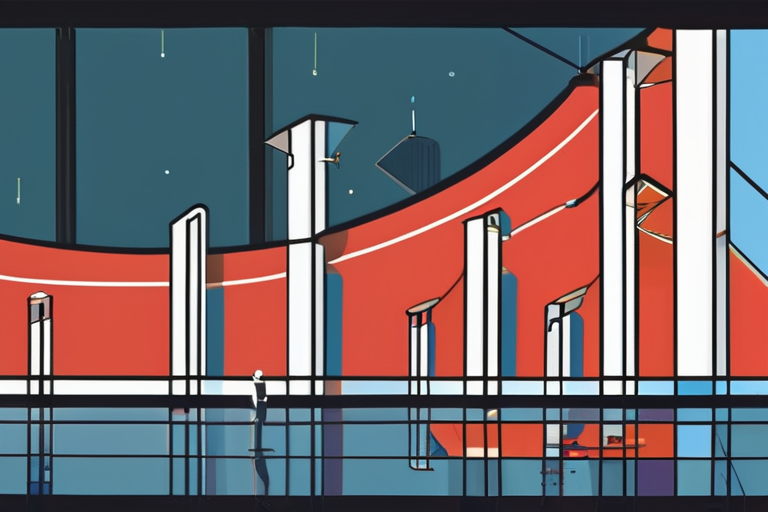
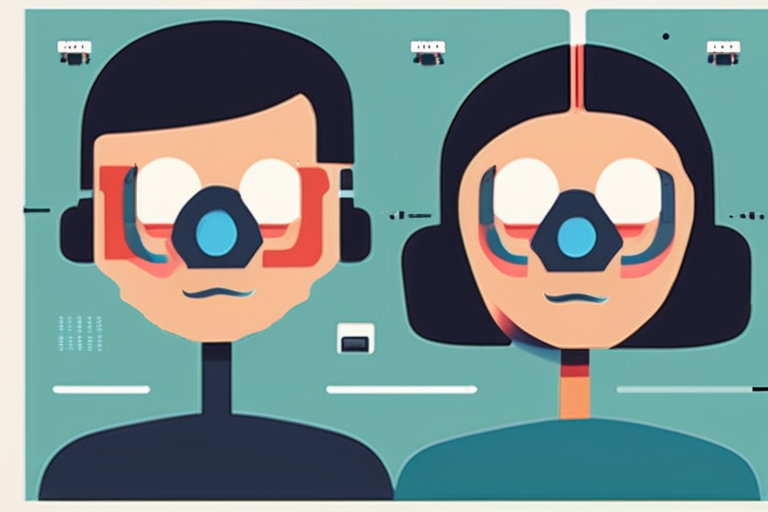


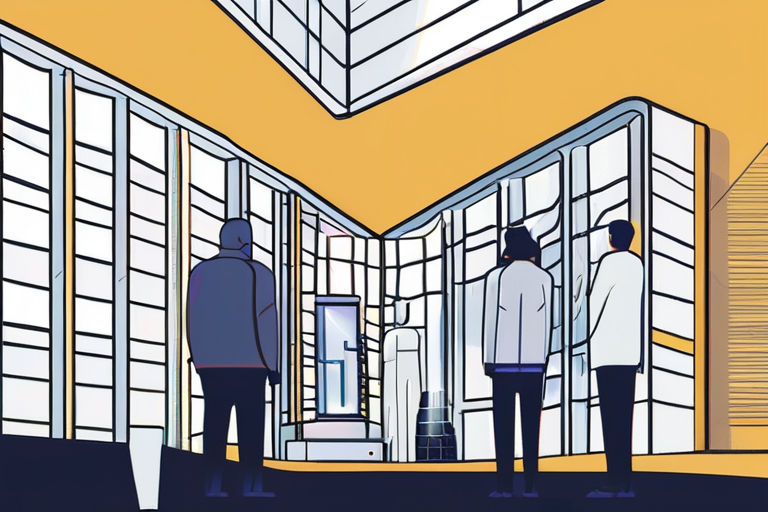
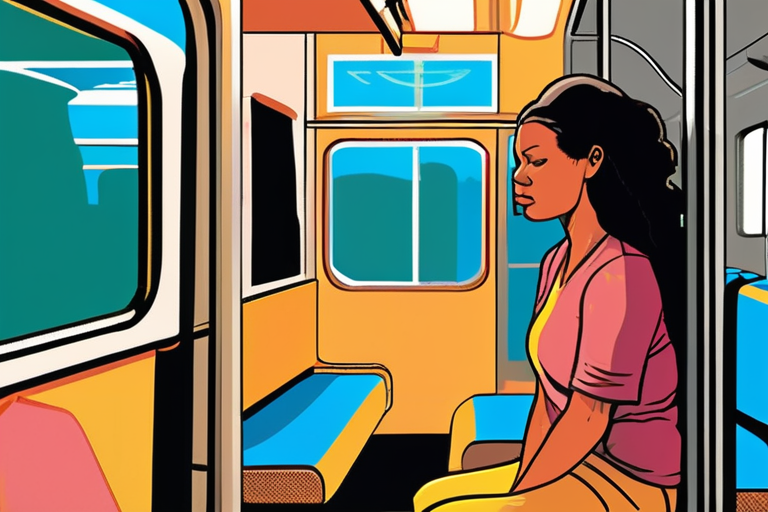





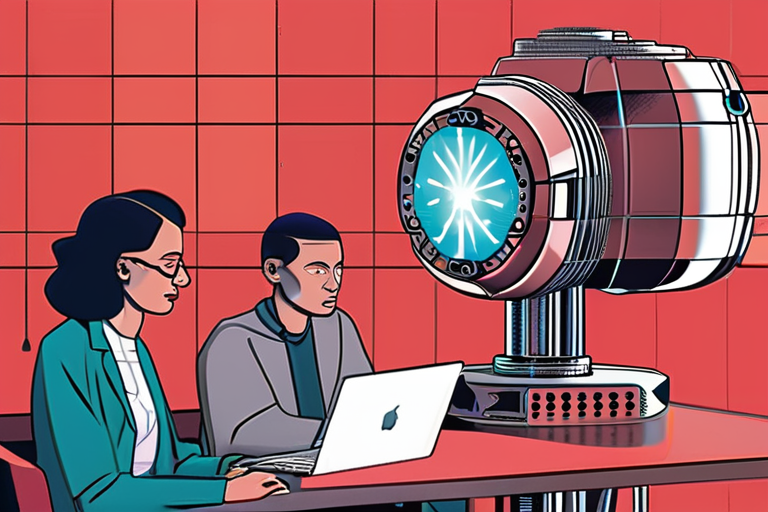




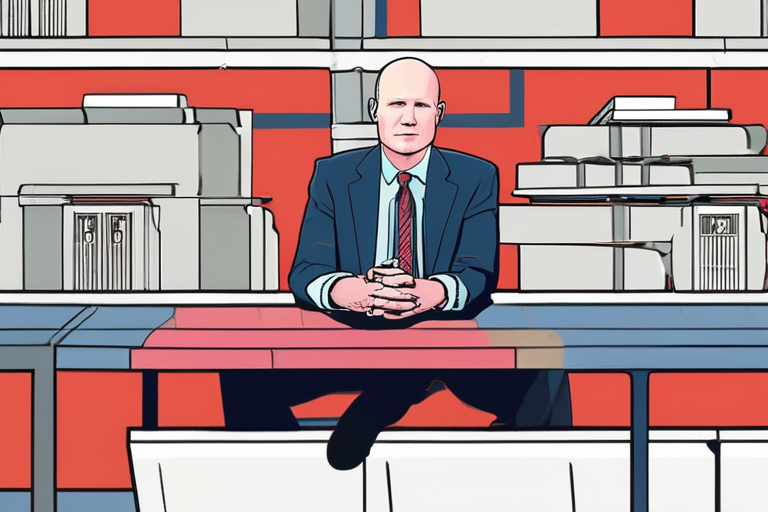
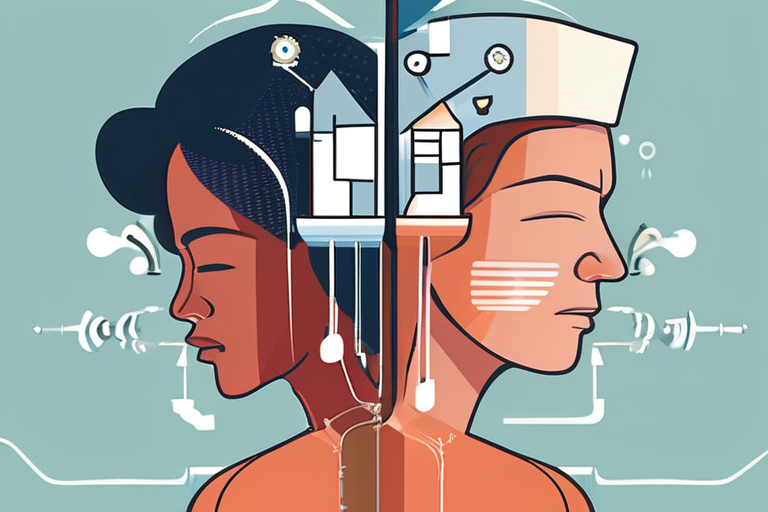
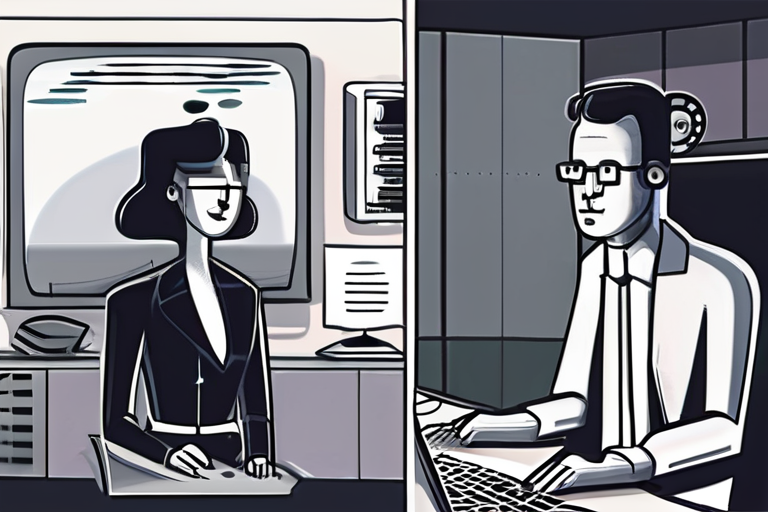
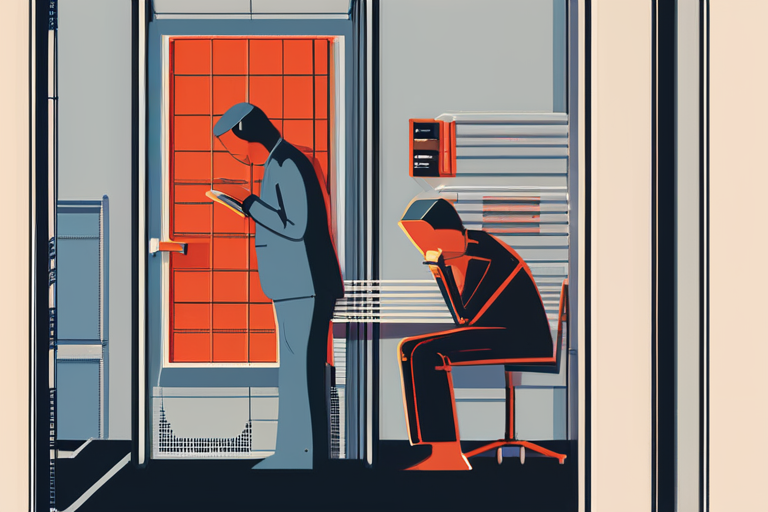

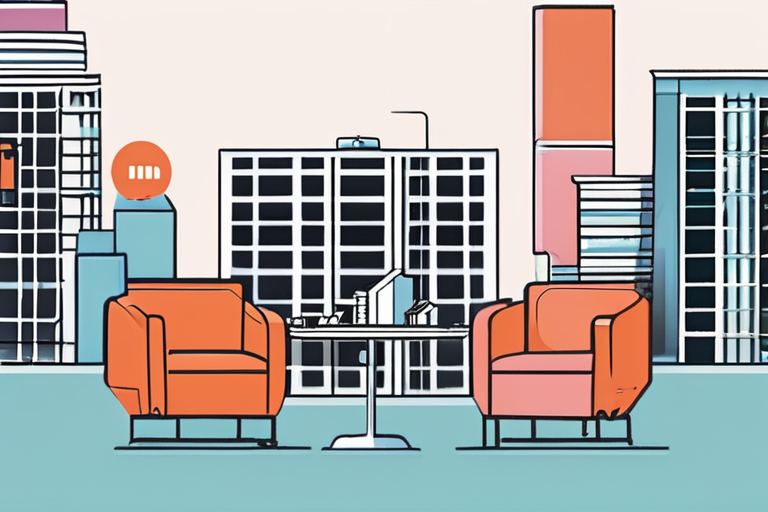
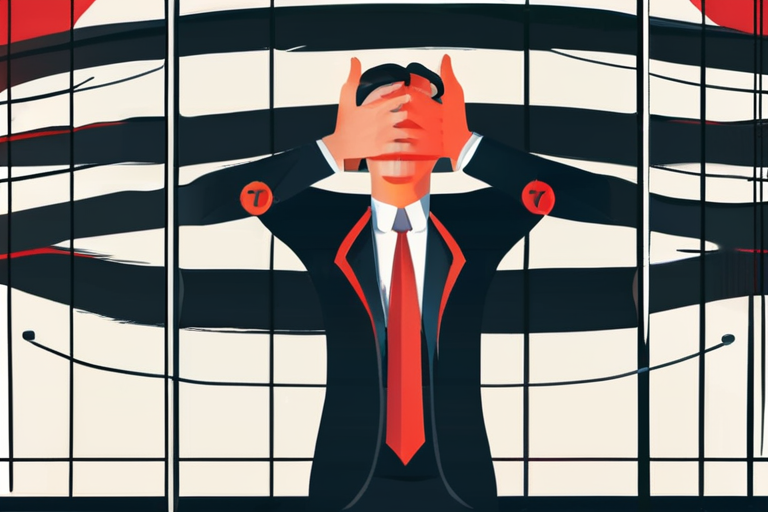
Share & Engage Share
Share this article